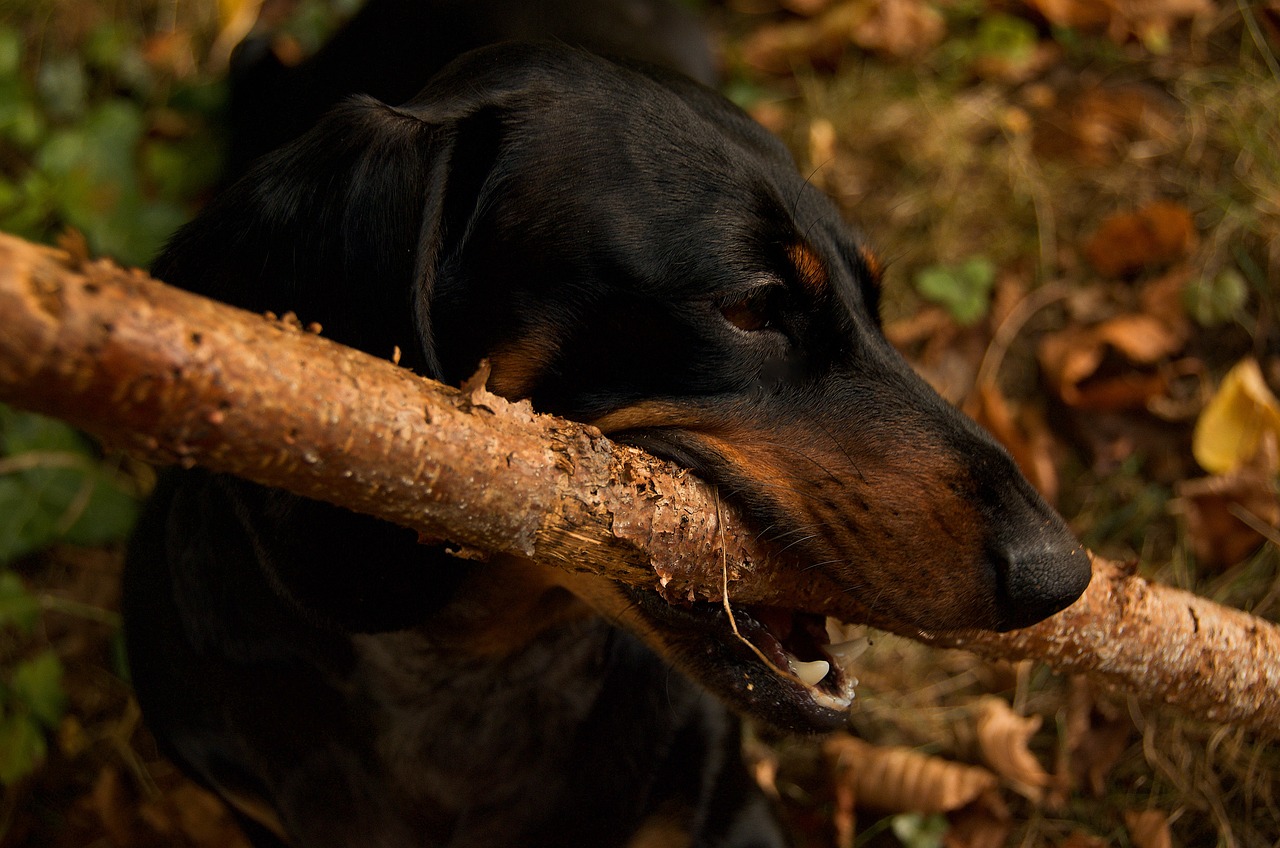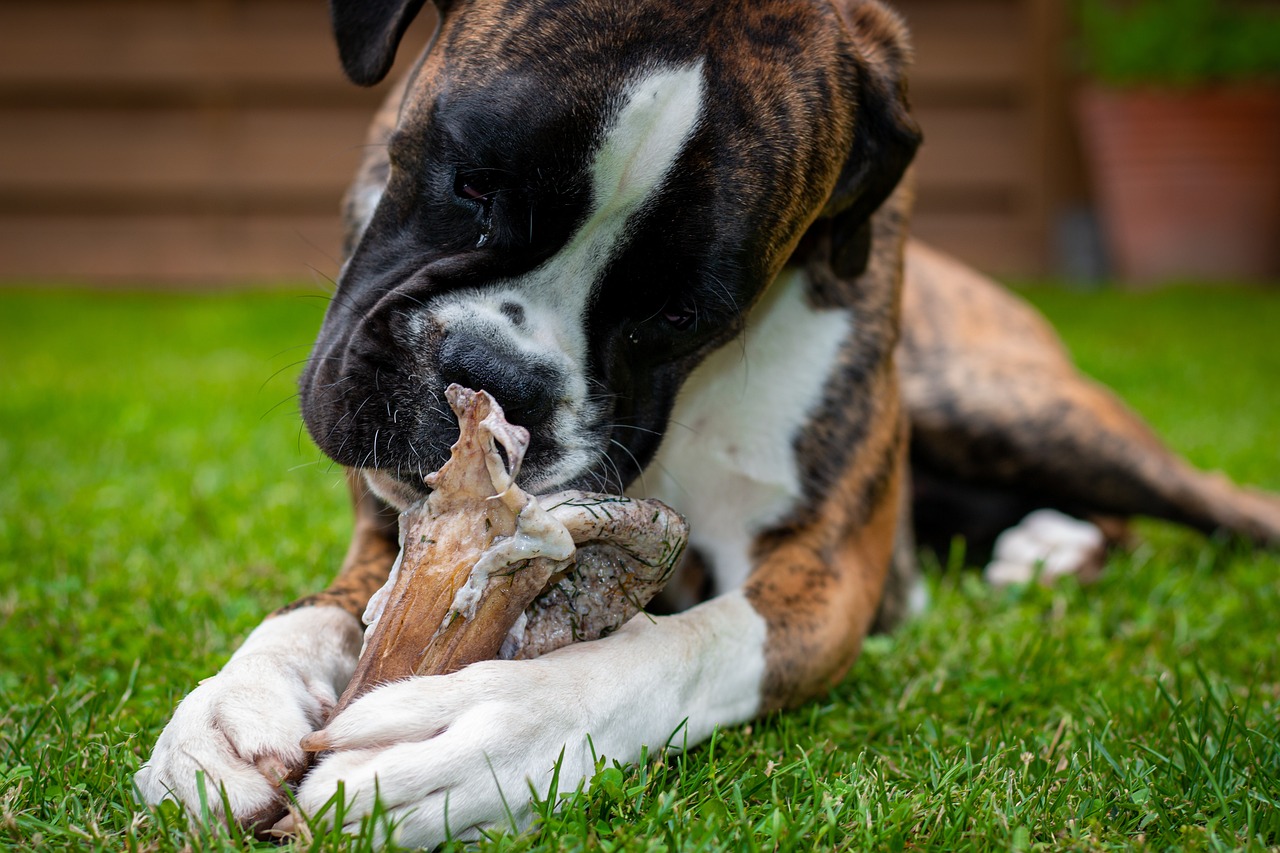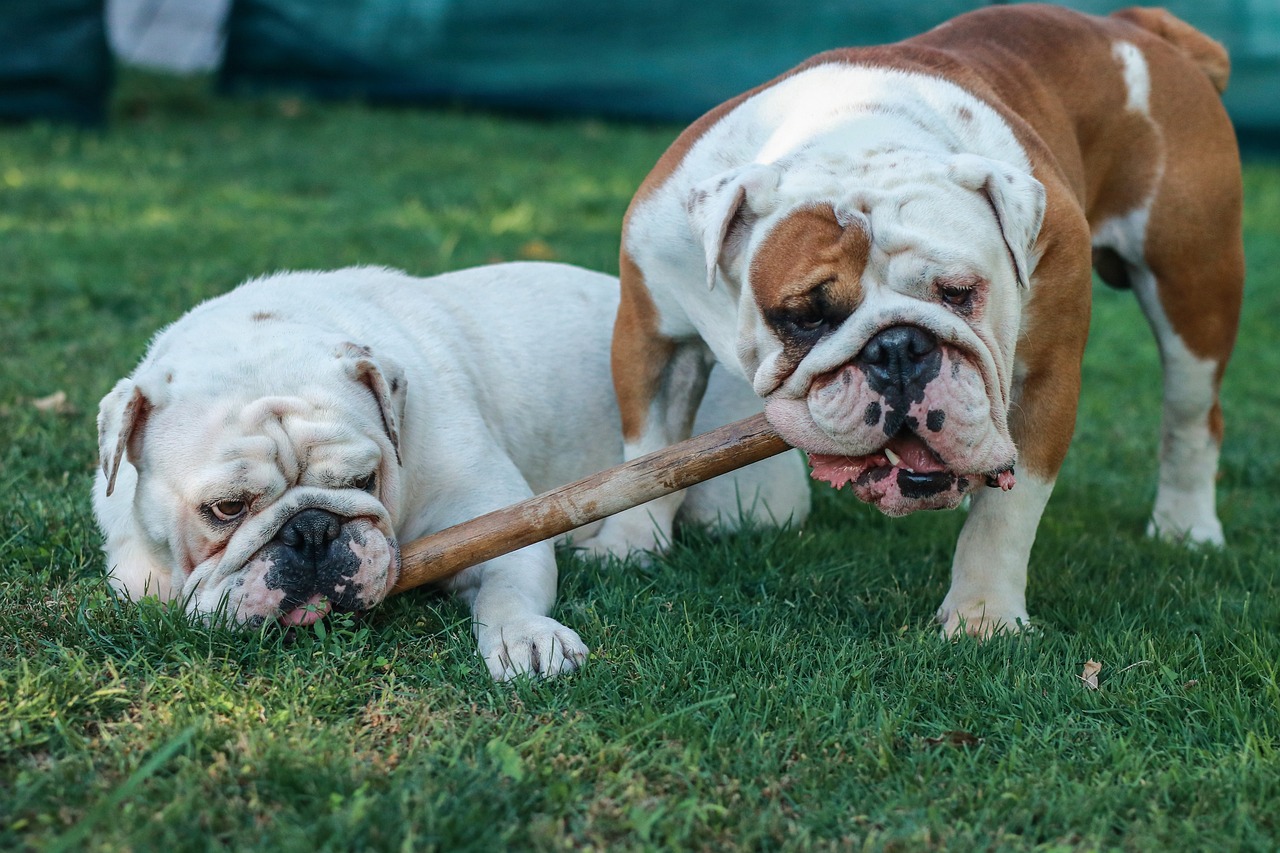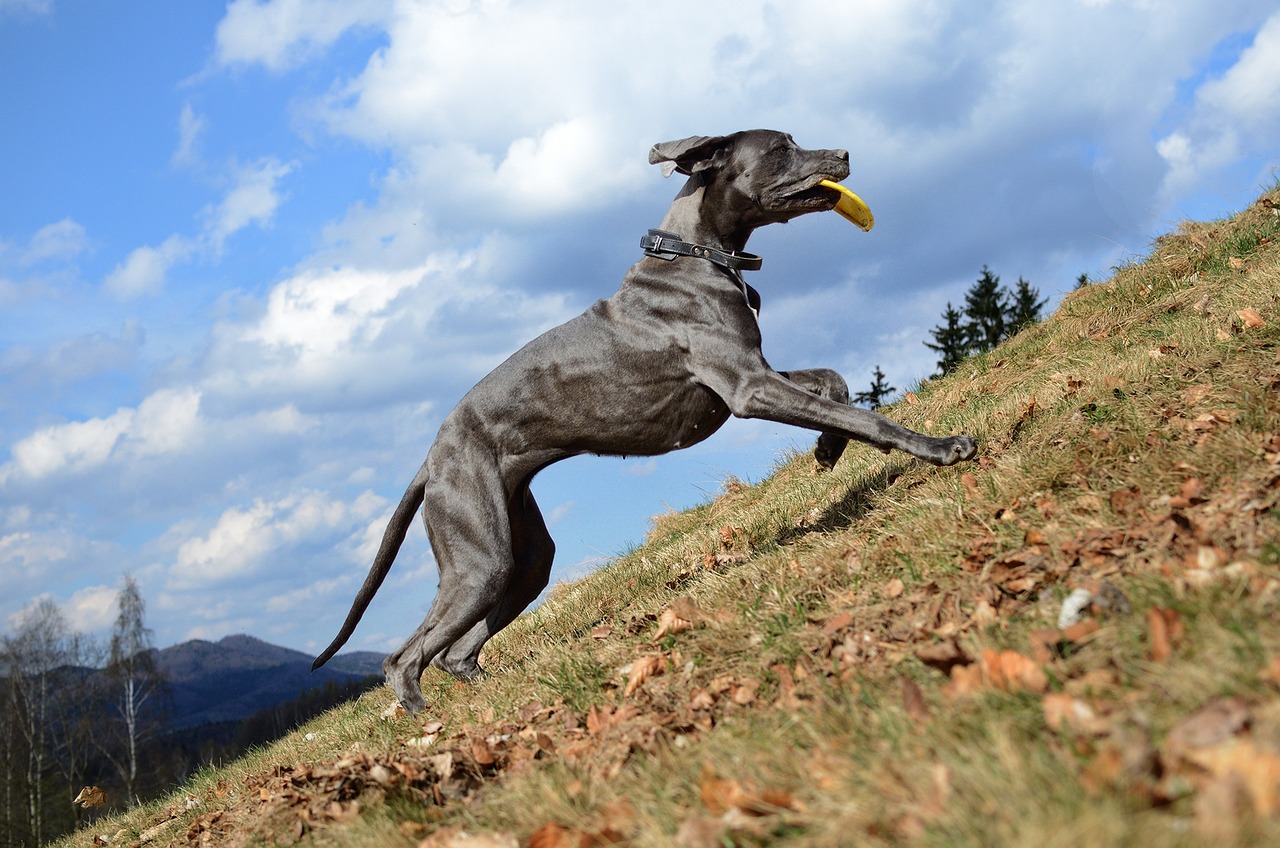Certain dog breeds exhibit a seemingly insatiable appetite, willing to eat just about anything they can find. This voracious behaviour can sometimes lead to amusing stories but also poses significant health risks, such as obesity, digestive issues, or even poisoning from ingesting toxic substances. Understanding which breeds are more inclined to eat indiscriminately can help owners take preventative measures to safeguard their pets’ health, ensuring they receive a balanced diet and avoiding potential hazards. This article will explore eight dog breeds known for their tendency to eat anything, delving into the reasons behind their gluttonous habits and offering insights on how to manage their dietary intake effectively.
1. Labrador Retriever
Labrador Retrievers are renowned for their friendly disposition and high energy levels, but they’re also infamous for their bottomless stomachs. Labs will often eat whatever they can get their paws on, from table scraps to non-food items. This breed’s voracious appetite is partly due to genetics, as some Labs possess a gene mutation associated with increased food-seeking behaviours. Managing a Lab’s diet requires vigilance and discipline from the owner, including using secure trash cans, avoiding human food as treats, and adhering to a strict feeding schedule. Monitoring their weight and regular veterinary check-ups are crucial to prevent obesity and related health issues.

2. Beagle
Beagles, with their keen sense of smell, are driven by their noses to scavenge, leading them to consume almost anything edible. Originally bred as hunting dogs, their instinct to follow scents often leads them to food sources, regardless of whether it’s appropriate for consumption. Beagle owners must be cautious about leaving food within reach and should ensure that outdoor areas are free of potential toxins. Providing ample exercise and engaging activities can help redirect their scavenging behaviour into more productive outlets.

3. Golden Retriever
Golden Retrievers are another breed with a notorious appetite for, well, everything. Their sociable nature often leads them to human food, which they’re usually more than happy to “clean up.” However, their willingness to eat non-food items is a concern and requires owners to puppy-proof their homes, removing small objects that could be ingested. Feeding Goldens a balanced diet and keeping them mentally and physically stimulated can help mitigate excessive food-seeking behaviour and maintain their overall health.

4. Dachshund
Dachshunds may be small, but their appetite for food and curiosity can lead them into dietary mischief. Their hunting background contributes to their tendency to explore and taste everything in their path. Dachshund owners need to closely monitor their pet’s environment to prevent the ingestion of harmful substances and ensure their food intake is carefully regulated to avoid weight gain, as obesity can exacerbate back problems common in the breed.

5. Boxer
Boxers are energetic and playful, traits that extend to their eating habits. They’re known to consume their meals rapidly and aren’t particularly discerning about what constitutes food. This can lead to gastrointestinal issues or the ingestion of dangerous items. Slow feeder bowls and regular, engaging exercise can help slow down their eating and direct their boundless energy away from food-related mischief.

6. Bulldog
Bulldogs, both English and French varieties, are not just known for their distinctive looks but also for their capacity to eat anything. Their laid-back nature doesn’t extend to their eating habits, as they can be quite opportunistic when it comes to food. Owners should be mindful of their diet to prevent obesity, which Bulldogs are prone to, and ensure that their living spaces are clear of small objects or toxic substances that could be ingested during their exploratory snuffles.

7. Pug
Pugs are charming companions with a big appetite for food and life. Their small stature doesn’t limit their consumption, often eating more than they should if given the chance. Pugs require careful dietary management to prevent obesity, which can lead to serious health problems, especially considering their brachycephalic nature. Engaging in toys and puzzles can help satisfy their curiosity without resorting to food as entertainment.

8. Great Dane
Despite their imposing size, Great Danes have surprisingly sensitive stomachs and can be quite indiscriminate in their eating habits. Their large appetite can drive them to eat quickly and sometimes swallow objects that are not meant for consumption. Owners need to closely monitor their diet and provide a calm, quiet space for eating to prevent bloat, a serious health risk for large breeds like the Great Dane.

Dogs that tend to eat anything require attentive care from their owners to safeguard their health. Breeds such as Labrador Retrievers, Beagles, Golden Retrievers, Dachshunds, Boxers, Bulldogs, Pugs, and Great Danes are particularly known for their insatiable appetites. Implementing strategies like secure trash management, regulated feeding schedules, and providing mental stimulation are essential to prevent overeating and the consumption of harmful substances. With proper management and care, owners can ensure their voracious companions lead healthy, balanced lives.
 Toledo, United States.
Toledo, United States.